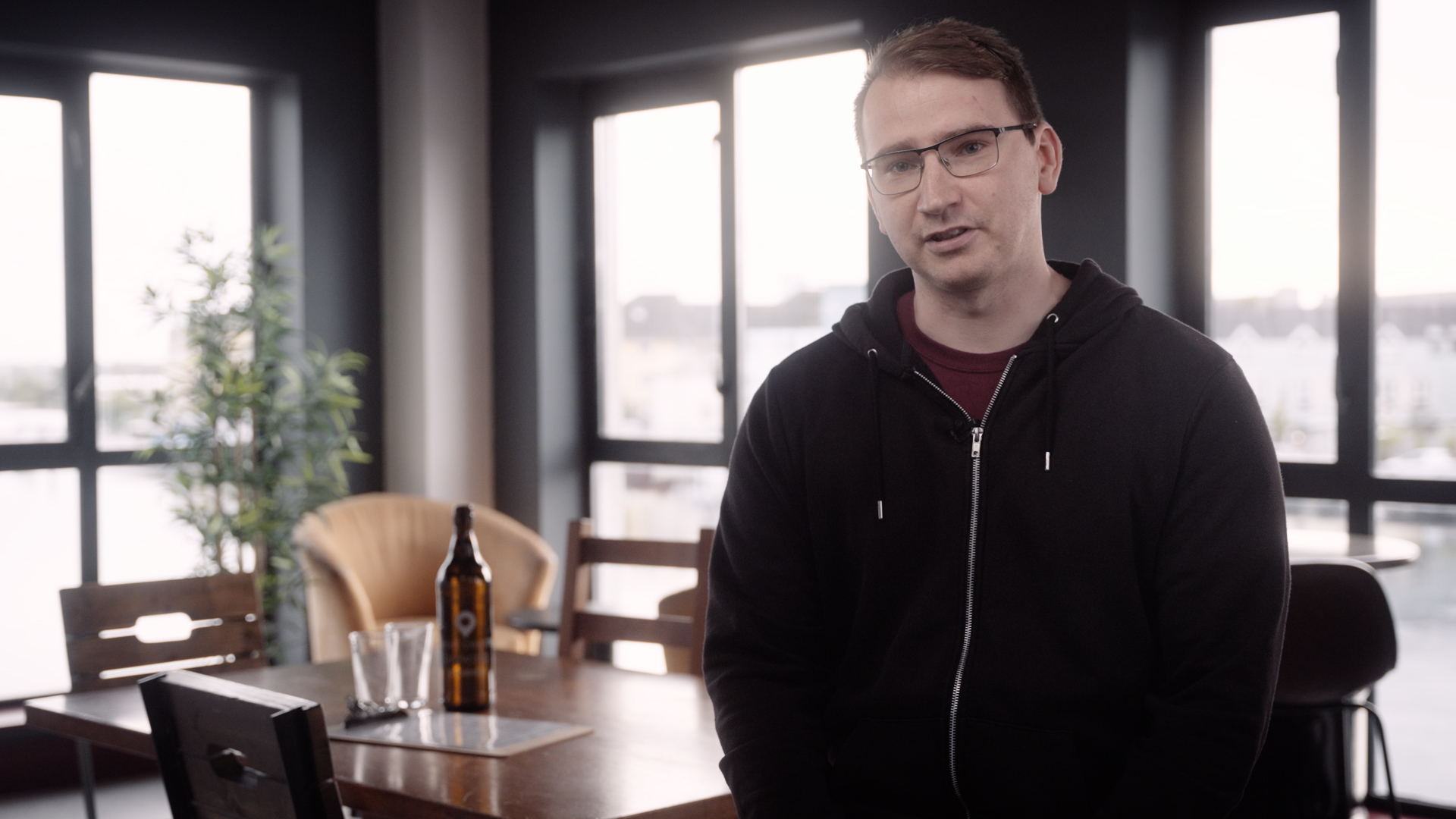SEO is the key to improving your website ranking on Google’s Search Engine Results Page (SERP). SEO stands for search engine optimisation. Now that’s a mouthful, and you’re probably wondering what does that even mean? Basically, it’s all about having your website ready and optimised so search engines like Google, Yahoo and Bing can find you.
What do I mean by ‘find’ you, you say, “am I not already online?” Unfortunately, simply being online isn’t enough. There are millions if not billions of websites and pages on the Internet. That’s a lot of information for search engines to deal with. So, you need to have a way to get spotted among the other millions of websites. That is where SEO comes in. Search engines like Google, Yahoo, and Bing use keywords. So when you put search words into Google it uses them to retrieve sites it thinks are the best results for your search.
How do I get to the top of Google?
It is tough to get to the top of Google’s search results. Google takes multiple factors into account, it looks at the search term the user used, the content & functionality of your website, and the websites authority.
So, in order to get to the top, you must have a functional, well-designed and optimised website that is full of high-quality and relevant information. “How do I do that?” you ask. The answer isn’t just do one thing and that’s it; there are many factors to be considered. You need a strategy then you practice the steps involved in that strategy.
The strategy!
To improve your sites SEO, research the keywords people are using when searching for certain types of information. Often, we presume that we already know what these keywords are but after research, they turn out to be different or variations of a phrase or word.
What next?
After you complete your keyword research, place the keywords you found in your blogs, posts, images, and web pages. When writing blogs put them in your titles, subheadings and body of text. Also remember to include them in your meta title, meta description, and ALT attributes.
Linking
Part of the strategy of getting noticed is linking. Adding links from your site to another site increases visibility to search engines. This is known as outbound linking. Inbound links are websites that decide to link to your site. Although you have no direct control whether sites link to you, you aim to encourage them by providing interesting and well-written content. You really score high on visibility if you attract other sites to link to yours. Both types of linking should come from authoritative and influential sources.
In summary, use proper search keywords, include outbound links and encourage inbound links to your site.
Effective search engine optimisation is the way to get noticed. It increases the amount of targeted web traffic to your site.
SEO may seem overwhelming and ineffective at first. But with time and effort it will help you attract more users to your site. With clear goals and the right strategy SEO will win your heart. You will see increased website traffic which in turn leads to sales and a high-ranking reputation.
If you would like help enhancing your websites design and functionality or improving your website ranking on Google reach out to us!








